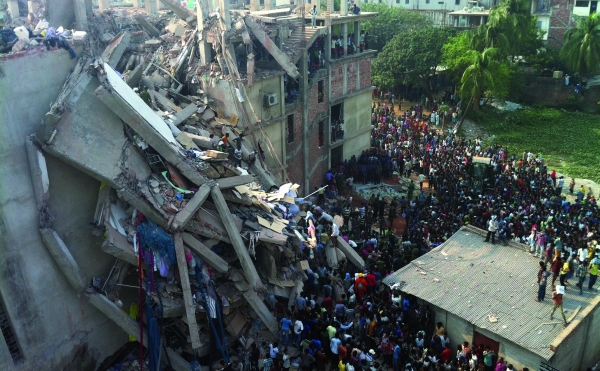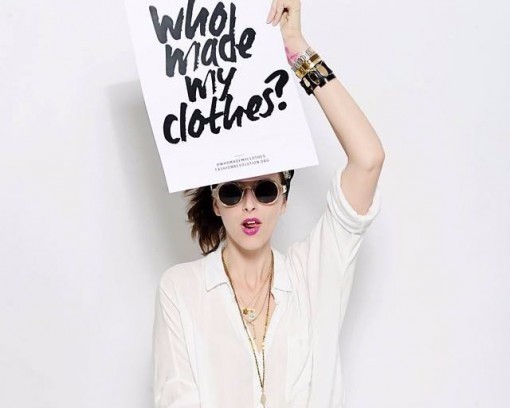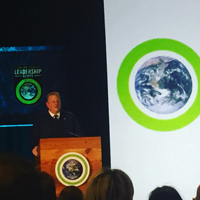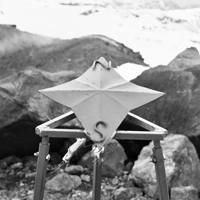
Happy Earth Day from Label Networks! To celebrate, we’ve put together a quick fashion round-up of changes in the industry via increased efforts of sustainability.
We are also pleased to announce our 5th Annual Sustainability and the State of Youth Culture Study will be released next week!
First, this week marked the 3rd anniversary of the Rana Plaza garment factory collapse in 2013 that killed more than 1,100 people in Bangladesh. Since then, many effort have been put into place to change the way fashion manufacturing with safety inspections and checks and balances coming into place, but there is still a long way to go.

We gleaned this information from Ethical Fashion, in that according to the annual BrandZ report, consumers in all regions of the world say that it is important that companies act ethically. In fact, the 2012 Edelman Good Purpose report surveyed 8,000 consumers in 16 countries and found that 80% of Chinese respondents and 71% of Indian respondents are willing to pay a premium for brands with a social or environmental commitment, compared to just 28% in UK and 40% globally saying they’d be happy to pay more.

In our 5th Annual Sustainability and the State of Youth Culture Study, more young people between the ages of 13-25-years-old are willing to pay between 10-15% more for fashion if they know it is made environmentally and ethically. This is changing the paradigm that young people don’t care and would not invest more in their clothing. This is especially important, according to our research, when it comes to T-shirts and sneakers.
In addition, Fashion Revolution was out again in full force all week with people wearing their clothing with the labels on the outside. Fashion Revolution is a call to action, getting people to wear their clothes inside-out for one day, and asking the question, “Who Made Your Clothes?”
This year on April 24th, people around the world — from designers and icons, to high street shops and high couture, from cotton farmers and factory workers, to campaigners, academics, the media and any individual who cares about what they wear – have come together again. First, is remembering its victims and raising awareness of the fashion industry’s biggest challenges.
In other news, the latest fashion transparency and eco index report came out from BrandZ. Those at the top (and bottom) include Levi Strauss & Co, H&M, Inditex (Zara, Pull & Bear, Bershka, etc.), Adidas and Primark as the most transparent global fashion companies, compared to the rest of the brands surveyed.
The lowest were Chanel, closely followed by fast-fashion label Forever 21, Claire’s Accessories, Hermes, Louis Vuitton and Prada. Overall, it’s clear that once again the luxury brand marketplace is behind the times and has a longer way to go to make fashion sustainable.
Stay tuned more from our upcoming report.


